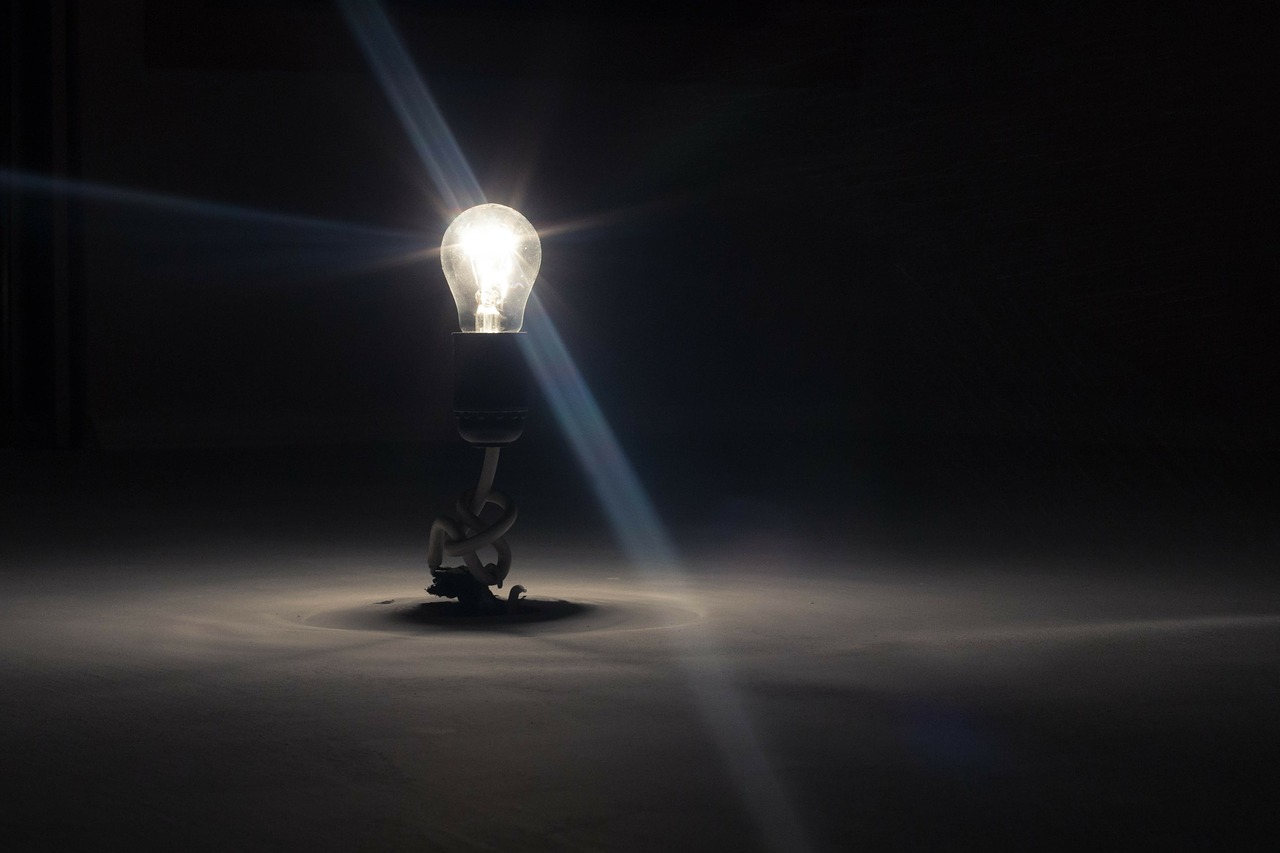Translating deep thinking into common sense
Did Edison Invent the Light Bulb?

By Dale B. Halling
October 18, 2014
SUBSCRIBE TO SAVVY STREET (It's Free)
Some people suggest that Edison did not invent the light bulb.
Some people suggest that Edison did not invent the light bulb. One website states “Contrary to what schools have taught for years, the American icon, Thomas Edison, neither invented the light bulb, nor held the first patent to the modern design of the light bulb.” Most of Edison’s detractors point to Joseph Wilson Swan as the inventor. Swan was an English physicist and chemist. He started working on the electric light bulb in the 1850s. By 1860 he had a working prototype, which had a filament encased in a glass housing containing a weak vacuum. The first version of Swan’s light bulb had a very short lifetime. In 1875 he created a new light bulb with a carbonized filament and a better vacuum that he demonstrated to the Newcastle Chemical Society in 1878. Swan’s light bulbs were low-resistance light bulbs. If you tried to set up an electrical grid system to power Swan’s light bulbs, it would have required absurdly large copper conductors to carry the current. This made Swan’s light bulb economically unfeasible for commercial deployment.
Edison did not start serious research on creating a light bulb until 1878. He did not receive his first patent on a light bulb until 1880. Edison’s light bulb had a high-resistance filament, unlike Swan’s and a better vacuum so it lasted longer. The high-resistance filament resulted in lower required currents and therefor made it possible to create an economically viable electric grid to power light bulbs. Edison went on to create hundreds of other inventions that made light bulbs practical, including the socket that we still use today, fuses to prevent electrical shorts from causing fires and other damage, light switches, electrical meters etc..
So was it Edison or was it Swan that invented the incandescent light bulb? What do we mean by invent? The dictionary definition of invent is to create or design something that has not existed before. Did either Edison or Swan create something totally new? No, they combined electrical conductors connected to a resistance filament inside a glass bulb and created a vacuum in the bulb. Edison created the high-resistance filament by using carbonized bamboo. Invent cannot mean creating something completely new, since this would mean violating the law of conservation of matter and energy. What is new about an invention is the combination of elements that create a useful result. In Edison’s case, that was a long-lived, high-resistance, incandescent light bulb.
Edison and Swan set up competing companies in England to market their electric light bulbs in the 1880s. A patent dispute broke out between the companies, which would likely have resulted in both companies being guilty of patent infringement. Instead of suing each other the companies merged. The Edison and Swan Electric Light Company Limited continued operations until 1928 when it was bought out by Associated Electrical Industries.
So what do you think? Was it Edison or was it Swan who invented the incandescent light bulb? Before you answer, consider that in 1820 the French inventor De La Rue made a successful incandescent lamp by putting an expensive platinum coil in an evacuated glass tube.








